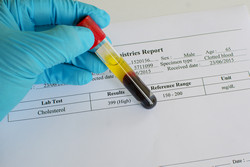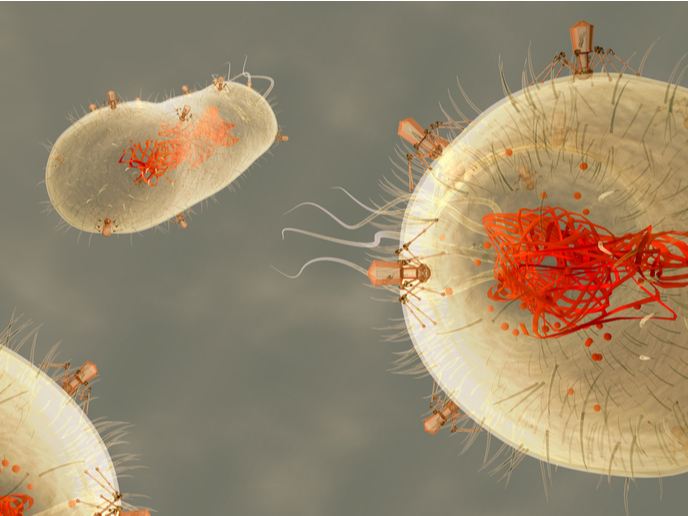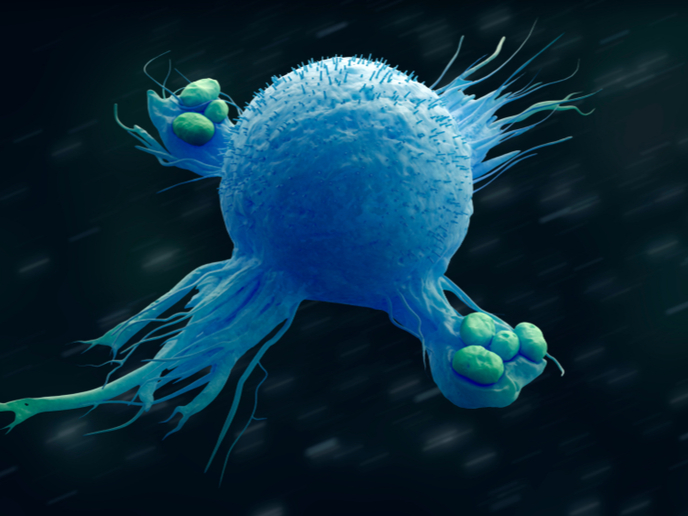Understanding lipids for better health
Lipids are a diverse group of molecules that includes fats, waxes and sterols like cholesterol. Apart from being essential structural components of cell membranes, they also store energy and play a part in thousands of biochemical reactions. The EU-funded PROTEOLIPIDOMICS1 (Proteolipidomic characterization of the regulatory circuitry of global lipid metabolism) project aimed to uncover how the diverse properties of lipids are regulated to keep a cell functioning healthily. To see how cells regulate lipid metabolism and how lipid function affects cells, researchers looked at regulatory biochemical pathways in the single-celled yeast. They are much simpler than multicellular organisms like humans but similarities in genetic and biochemical pathways make them very useful models for studying cellular functions. PROTEOLIPIDOMICS characterised thousands of different yeast proteins to see which are involved in regulating lipids during different cellular processes like fermentation, respiration and cell division. Understanding the role of lipids in cell division is particularly important in controlling proliferative diseases like cancer. By the end of the project, results provided several insights into lipid and protein dynamics that co-ordinate global lipid metabolism. They discovered, for example, how enzymes help regulate the production of a key lipid in energy-producing "factories" called mitochondria. Imbalance in lipid regulation can result in serious conditions like obesity, heart disease, cancer and neurodegenerative disorders. Understanding the regulatory circuitry of lipids implicated in these diseases will help researchers devise appropriate treatments. Besides revealing cellular functions for lipids relevant for human health, PROTEOLIPIDOMICS's results may also be used to increase plant oil production like seed oils or biofuels.







